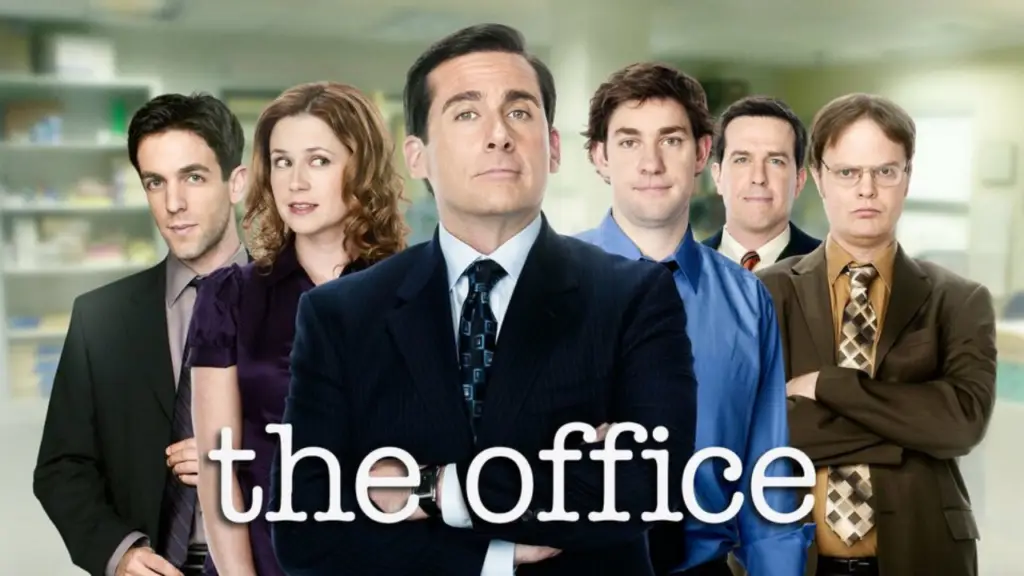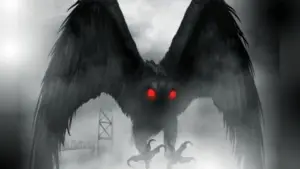When it comes to TV shows that leave an indelible mark on both their viewers and pop culture, The Office (US) is always part of the conversation. It’s a show that transcended its status as a workplace comedy to become a global phenomenon. But what makes The Office arguably the best TV show of all time? Here’s an in-depth look at the factors that solidify its legacy.
Critical and Commercial Success
The Office didn’t just appeal to niche audiences—it became a juggernaut of critical and commercial success. Initially based on the UK series of the same name, it quickly carved its own path by striking a perfect balance between humor and heart.
- By Season 5, it had captured an audience of 22 million viewers during the two-part episode “Stress Relief,” which aired after the Super Bowl. This placed it among the most-watched TV episodes of 2009.
- Its accolades include five Primetime Emmy Awards and 42 nominations, showcasing consistent recognition from industry peers.
- Even years after its finale, The Office remained a force. In 2020, it was crowned the most-streamed show in the United States, with a staggering 57.13 billion minutes streamed on Netflix, according to Nielsen.
This combination of longevity, awards, and viewership cemented its status as more than just a popular show—it became a phenomenon that stood the test of time.
Relatable Storytelling and Characters
At its core, The Office resonated with audiences because it felt real. It depicted the absurdity of the modern workplace while grounding its humor in situations and characters that viewers could relate to.
Workplace Humor Done Right
The show’s depiction of office life struck a chord with audiences who have experienced the tedium of fluorescent-lit cubicles, awkward break room encounters, or exasperating bosses. It turned seemingly mundane situations—like fire drills, casual Fridays, and CPR training—into unforgettable comedic gold.
Character-Driven Brilliance
Where many sitcoms rely on over-the-top scenarios, The Office shines because of its characters:
- Michael Scott, the bumbling boss with a heart of gold, delivered moments that were both hilariously cringe-worthy and deeply poignant. His famous line, “Would I rather be feared or loved? Easy. Both. I want people to be afraid of how much they love me,” captures his character perfectly.
- Jim Halpert and Pam Beesly’s romance felt authentic, drawing viewers in with their subtle glances and slow-burn chemistry.
- Even smaller roles, like Creed Bratton, added depth and humor to the ensemble, making the show feel like a true reflection of a workplace.
This focus on character development created a connection between viewers and Dunder Mifflin that few shows can replicate.
Cultural Impact
One measure of greatness is a show’s ability to permeate culture, and The Office has done so in spades.
Memes, Quotes, and Evergreen Appeal
Even if you’ve never watched The Office, you’ve likely seen its impact through memes, GIFs, and viral moments. Consider:
- The “Fire Drill” cold open from “Stress Relief” is a masterclass in comedic chaos, with Dwight Schrute creating mayhem by simulating a fire in the office.
- Michael Scott’s “That’s what she said” became a catchphrase that transcended the show itself.
Cultural Legacy
Despite ending in 2013, the show has maintained relevance:
- Fans continue to rewatch it, with some claiming to have gone through the series 10+ times.
- Cast reunions and podcasts like The Office Ladies (hosted by Jenna Fischer and Angela Kinsey) keep the fandom alive and thriving.
The Office isn’t just a TV show—it’s a cultural institution.
Redefining the Sitcom with the Mockumentary Format
Before The Office, sitcoms followed a formula: multi-camera setups, laugh tracks, and over-the-top storylines. This show threw out the rulebook and revolutionized the genre.
The single-camera mockumentary format allowed for:
- Intimate Storytelling: Direct-to-camera confessionals gave audiences a peek into the characters’ inner thoughts, creating a unique connection.
- Subtle Humor: Without a laugh track, the comedy felt natural, often relying on awkward silences and deadpan expressions.
- Innovative Influence: The Office paved the way for other shows like Parks and Recreation and Modern Family, proving the viability of the mockumentary style.
This innovation wasn’t just a stylistic choice—it transformed how sitcoms could engage and entertain.
Emotional Depth
What truly elevates The Office above other comedies is its emotional depth. Beneath the laughs are moments of profound humanity that resonate long after the credits roll.
Heartfelt Story Arcs
- Jim and Pam: Their journey from flirtatious colleagues to a married couple with kids is one of the most beloved storylines in TV history.
- Michael Scott’s Growth: Despite his flaws, Michael evolves into a deeply caring person. His tearful farewell in “Goodbye, Michael” remains one of the series’ most memorable episodes.
- The Finale: The final episode brought the series full circle, reflecting on the value of friendships and the bittersweet nature of moving on.
These emotional beats ensured that The Office wasn’t just funny—it was unforgettable.
Stats That Back Up Its Greatness
Finally, let’s take a moment to crunch some numbers that underscore The Office’s unparalleled success:
- It consistently ranks in “Best TV Shows of All Time” lists from publications like Rolling Stone and Time.
- In 2021, The Office accounted for 10% of all minutes watched on Peacock, demonstrating its enduring power as a streaming giant.
- The show remains one of the most pirated and purchased series on digital platforms, a testament to its lasting appeal.
Even as new shows enter the conversation, few can rival the sheer breadth and depth of The Office’s impact.



